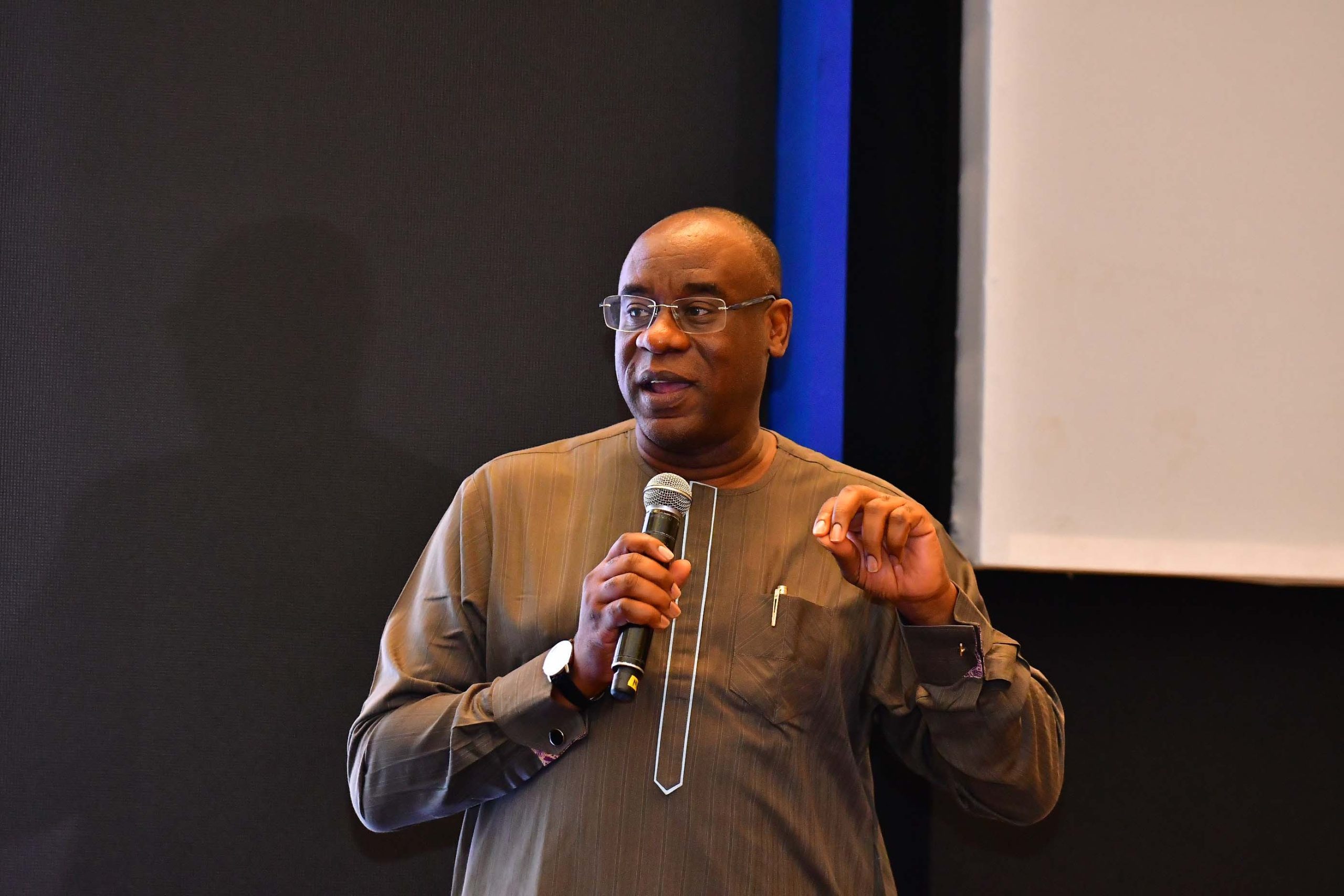Nigeria’s Central Bank has published its audited financial statement for the first time in years, weeks after President Tinubu appointed a special investigator to examine the bank.
Nigeria’s Central Bank has published its consolidated financial statements for 2015 through 2022. The apex bank has made its audited financial statements publicly available for the first time in seven years. It indicates how Godwin Emefiele’s time as governor fostered a lack of transparency. Given the Central Bank’s prominent role in Buhari’s eight years of governance, its financial statements are essential.
The refusal to disclose those financial reports was also unconstitutional. Per the CBN Act, “The Bank shall, within two months after the close of each financial year, transmit to the National Assembly and the President a copy of its annual accounts certified by the Auditor.” Yet, the CBN was able to sidestep this constitutional requirement with no real consequences.
While Emefiele and Buhari chose opacity to avoid answering some pressing questions, President Tinubu and the acting CBN governor are towing a different path. Weeks after Emefiele was suspended, President Tinubu appointed a special investigator to examine CBN’s operations. Jim Obazee, a former CEO of the Financial Reporting Council of Nigeria, was appointed to set up a team and lead the probe.
FG borrowed N6.2 Trillion from the CBN in 2022
One of the CBN’s most significant roles in the last eight years has been its funding of the Federal Government’s budget deficits. The Bank’s loans to the government, called Ways and Means advances, ballooned under Emefiele’s leadership, rising 2900% to N23.3 Trillion by 2022. Per the financial statement, the CBN loaned FG N6.2 Trillion in 2022 alone.
This excessive money printing worsened inflation and broke laws on government financing, and a cash-strapped federal government ended up restructuring those loans in 2022. On Thursday, the International Monetary Fund (IMF) cited excess Naira in circulation as one of the reasons exchange rate stability has been elusive despite Nigeria removing its Naira peg.
Bloomberg quoted Ari Aisen, IMF’s resident representative in Nigeria, saying, “There are too many naira running after insufficient foreign exchange. The supply of foreign exchange may take some time [to build up].”





















